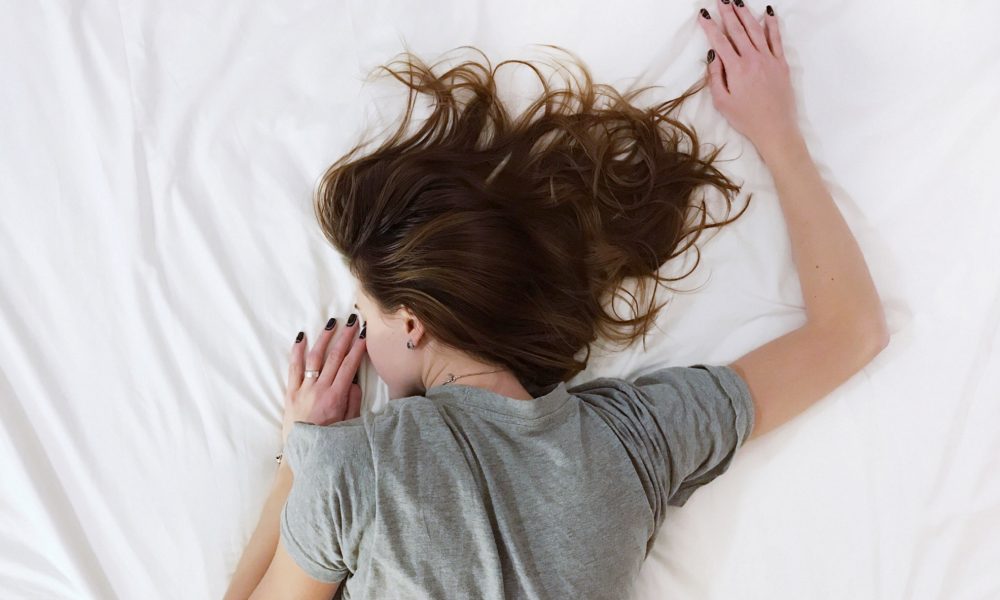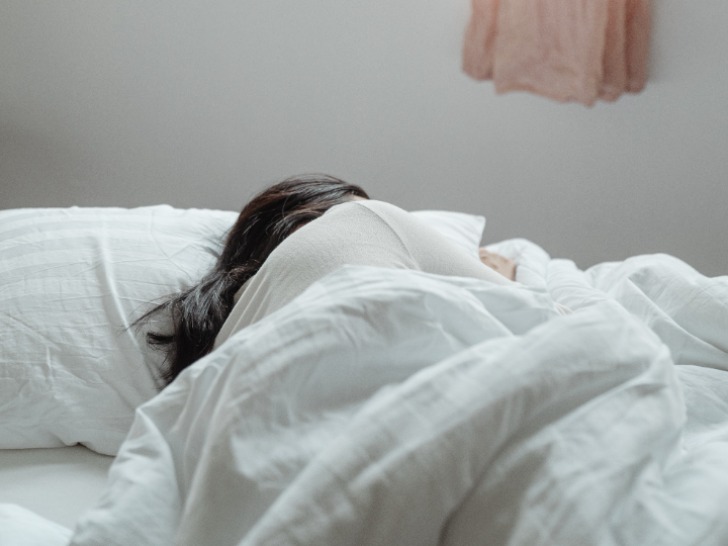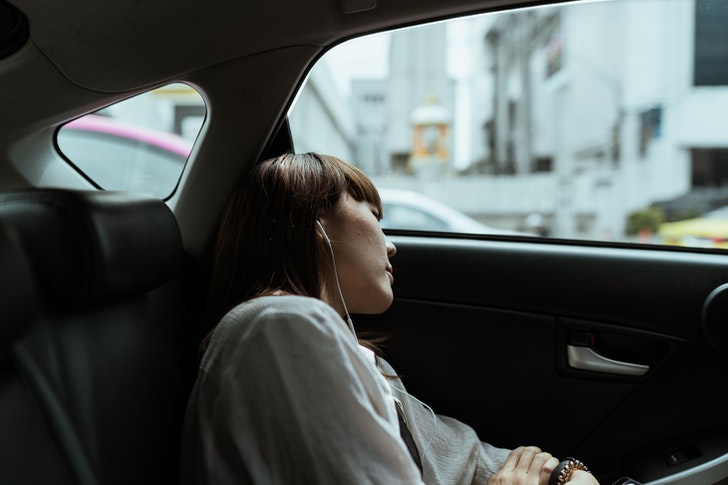
Feeling Tired in the Mornings? You May Be Guilty of These Habits

Do you start your day feeling drowsy and fatigued? Well, you’re not alone. About 40% of people in the United States consider themselves sleep-deprived. While this can be momentarily remedied by a huge cup of coffee, lack of sleep can have negative effects on your well-being.
Here are some of the habits that may have jeopardized your sleep and find out how to break them.
Sleeping on the Wrong Surface
Your body is induced to sleep when your core body temperature drops. You may have noticed that you toss and turn when you feel warm and sweaty while you easily fall into heavenly sleep when the room is cool and cozy.
Mattresses and bedding play a vital role too, so choose ones that are breathable. Today’s popular memory foam, while comfortable, can eventually trap heat the longer you lay on it since it molds to your body through heat and pressure.

Ketut Subiyanto / Pexels
Oversleeping
Too much of a good thing can be bad. Getting enough sleep help fight exhaustion, but oversleeping can actually cause fatigue.
When you sleep more than seven to nine hours a day, you expose yourself to greater risks of diabetes, obesity, and cardiovascular disease. It is also linked to a higher mortality rate. Interestingly, these are the same negative effects that can stem from a chronic lack of sleep.
Ditching Naps
Who says naps are just for kids? As we grow older, we actually crave it more. Short naps can boost alertness and productivity and is much better than trying to extend your sleep hours at night to catch up on missed hours.
It’s ideal to take 10 to 25-minute naps from noon to 4 p.m. for an energy boost that could last around three hours. Although, you have to be careful not to extend your nap session to 30 minutes and beyond if you don’t want to risk a good night’s sleep.

Ketut Subiyanto / Pexels
Overlooking Your Sleeping Environment
When we have trouble sleeping, some of the usual things we suspect caused it are stress, caffeine, and a sleeping disorder. While these may be valid culprits, have you thought about the furniture and vibe in your bedroom?
We spend a significant amount of time in bed, so why not pour our money into buying a comfy mattress, sheets, and pillows. These can make your average sleep into a great one.
Making Bad Choices during the Day
Veer away from drinking caffeine at least 6 hours prior to going to bed. It stops adenosine, a chemical in your body that calms you down and induces sleep.
Also, make sure to get in at least 150 minutes of exercise within the week to help you sleep better and become more alert during the day. Try to keep your bedroom spic and span throughout the day so you won’t have to fuss over it before you go to sleep.

Victor Freitas / Pexels
Spending Too Much Screen Time
Try to disconnect from your mobile devices at least thirty minutes before sleeping. If this is too hard to do, you can change your screen settings to filter blue light.
Blue light can keep you from falling into a deep slumber and can eventually lead to health problems and the risk of getting cancer. Help your body churn out that melatonin and use apps like Night Shift for iPhone users or Twilight for Android.
Hitting the Snooze Button
That few minutes of extra sleep doesn’t help you in any way. On the contrary, this sleep mistake disrupts your sleep schedule and can leave you feeling drowsy, disoriented, and groggy throughout the day.
More in Way of Life
-
Endometriosis in Teens: A Guide to Understanding and Supporting Adolescents
Endometriosis, a condition often associated with adulthood, can make an unwelcome entrance during adolescence. For teenagers grappling with the complexities of...
January 23, 2024 -
Has Childhood Trauma Haunted You into Adulthood? Here’s How You Can Defeat the Past
Even without being particularly too keen about it, you must have noticed that the conversation around childhood trauma has been gaining...
January 10, 2024 -
Storing These Food Items in Your Fridge May Actually Be Bad For You
People have a tendency to just stash a lot of things inside their refrigerators. Oftentimes, you don’t even remember what’s inside...
January 10, 2024 -
How to Deal With Holiday Stress
We all feel stressed from time to time, but the holidays offer their own special stressors that can make us feel...
December 21, 2023 -
Tips to Develop a More Focused Mind
Do you ever feel you’re always busy and the days are progressively getting shorter? Are you constantly stressed out and unable...
December 21, 2023 -
How To Develop A Healthy Relationship With Weight
Most of us have a complicated relationship with weight and spend most of our days on the scale, letting our minds...
December 21, 2023 -
Advantages of Offering Health and Wellness Benefits to Employees
Employers frequently struggle to provide the benefits that their employees desire, such as health insurance or paid overtime. Changes to federal...
December 21, 2023 -
Can Acupuncture Help Prevent Type 2 Diabetes?
In today’s world, health conditions like cardiovascular diseases, hypertension, and diabetes are becoming more and more common. It is extremely important...
December 4, 2023 -
Did You Know There’s A Tiny Farm In A Berlin Supermarket?
When you go to a grocery store, you head over to the fresh foods aisle where you pick up things like...
December 4, 2023















You must be logged in to post a comment Login